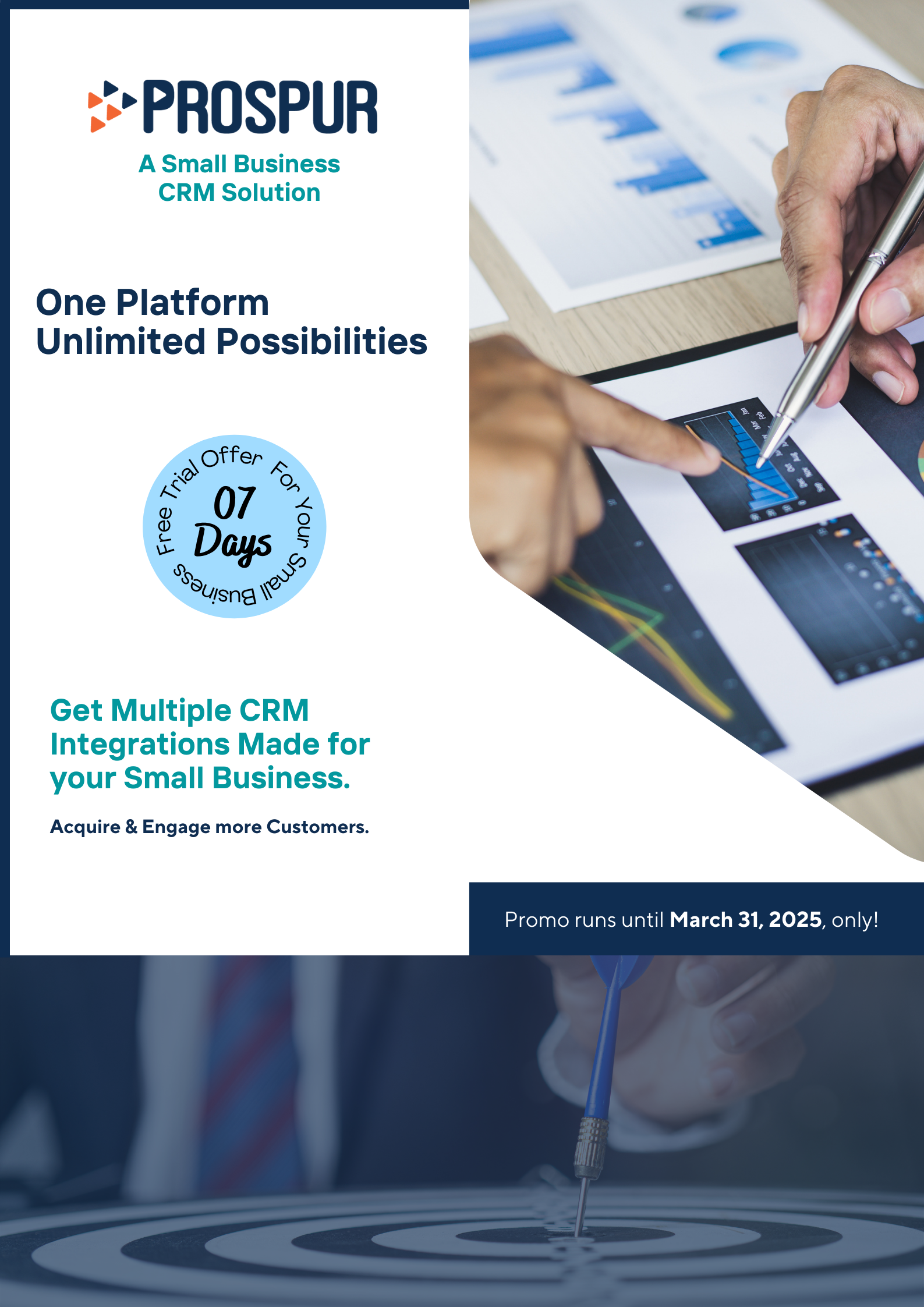How To Have a Fantastic CRM Tool With Minimal Spending?
Editorial StaffOctober 15, 2022

Small and medium businesses (SMBs) have to constantly monitor their ROI to keep the expenses within the budget.
They are walking on a tightrope, fighting fierce competition and trying to establish their brand. Customer relations are, therefore, a vital element of any business’s success.
But the high cost of enterprise-grade CRMs leaves SMBs struggling with excel sheets to manage their customer data, which they often cannot find on time. As a result, the marketing and sales processes suffer.
Entrepreneurs know the benefits of a CRM for SMBs.
For example, the retention efforts through the CRM will increase profits by 40%, but 59% of the customers do not experience consistent interaction across the company’s departments.
As a result, 80% of customers fall through the cracks or move to a competitor after one negative experience.
If you are an SMB owner who resonates with these problems, here is where we explore the important factors for choosing the best CRM for small businesses with a minimal budget.
How To Choose The Best CRM Software With A Minimal Budget:
Choosing the right CRM solution for SMBs is easier said than done. With hundreds of CRMs in the market, it is challenging to find one that solves your unique problems and fits within the budget.
Statistics show that 91% of companies with over 10 employees use a CRM, but 52% think their current CRM is not performing as per their expectations.
Technologies such as artificial intelligence, machine learning, and deep learning are quickly making legacy CRMs obsolete.
Leverage these technologies and choose a cloud-based CRM for SMBs that offers software as a service (SaaS) and charges on a per-user per-month basis.
6 Critical Factors to Consider while Selecting a CRM:
It can get overwhelming with endless CRM demos that may leave you confused. But, these factors will keep your focus and help you choose the right CRM tool on a minimal budget.
#1. Prioritize User Experience
Your team that will use CRM throughout the day needs to have a great user experience. CRMs that are difficult to navigate or understand will make the job of your sales and marketing teams difficult and may lead to burnout. The CRM system should make the information simple, not complex.
While choosing the CRM, observe how intuitive the navigation is. Is it easy to pull out the right information at the right time?
#2. Carefully Outline the Features & Functionality You Need
While many CRMs offer a similar set of features, it is crucial to list your unique requirements before taking a trial run or a demo.
For example, a travel company with global clients may want to send invoices in multiple currencies with real-time conversion rates.
This feature is unnecessary for a restaurant that has local clients. Does your company need a CRM with built-in invoicing or an API structure to connect with your existing accounting system?
If you already have a long-term business plan, you can opt for features that will be essential as the company scales up.
#3. Ensure Your Staff Understands the System or There Is a Provision for Training
You cannot extract maximum value from the CRM tool if your marketing and sales teams do not understand it.
Ensure that the software is intuitive and the service provider has a robust training mechanism as part of their customer onboarding process.
#4. How Much Are You Willing to Pay?
During the trial or demo, you may find the features enticing and choose a CRM that costs more than your budget. CRM is a choice for the long term. It is a marathon, not a sprint.
Those unnecessary features that cost you extra bucks will pile up to a significant amount over the years. It is best to know what you are willing to pay per month and the maximum limit to which you can stretch the budget.
#5. Ensure the CRM Has Enough Users You Can Learn From
Every tool grows better with time as it gets customer feedback. CRMs with a limited user base may have problems that are still undiscovered. It is best to choose a CRM that has sufficient clients to whom you can speak.
It is also worthwhile noting the customer service quality of the vendor. You need a quick resolution to any problem to keep the business running.
#6. Set Realistic Goals
Identify tangible goals that you want to achieve with the CRM system and map them to the benefits. If possible, know how much time, effort, and money you will save by achieving each of these goals.
Final Words:
CRM promises abundant benefits, provided they come at the right price. The budget of an SMB is different from that of a large enterprise, and so are the requirements of the CRM tool.
The right CRM for small businesses will save time and costs by reducing the man-hours and help you move ahead of the competition quickly.
Prospur provides a CRM platform for small businesses to acquire, engage, and retain customers and close more sales. Click here for a FREE Demo to learn – how Prospur can help you grow online.

